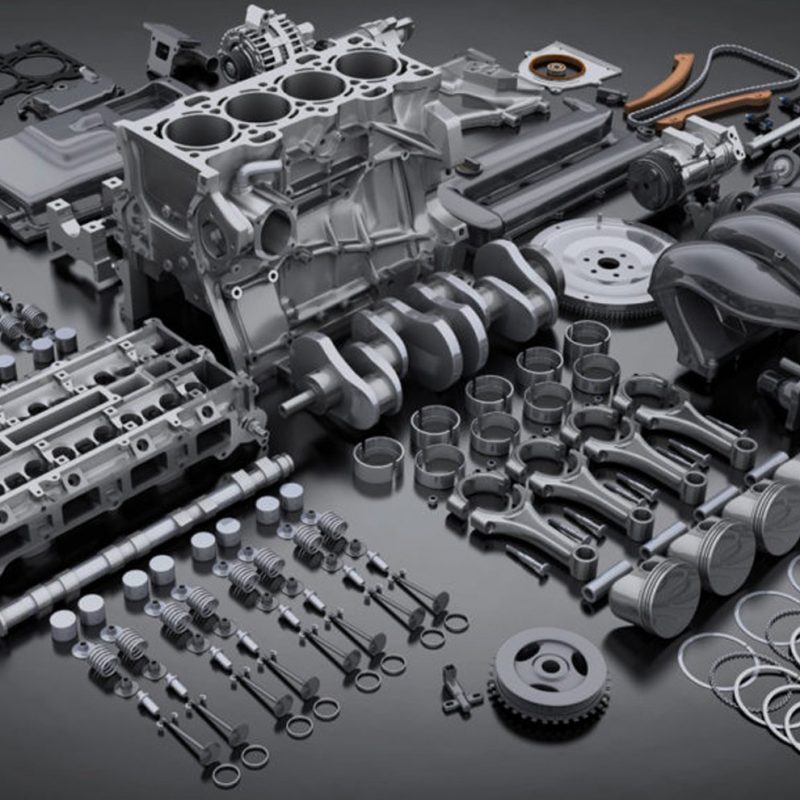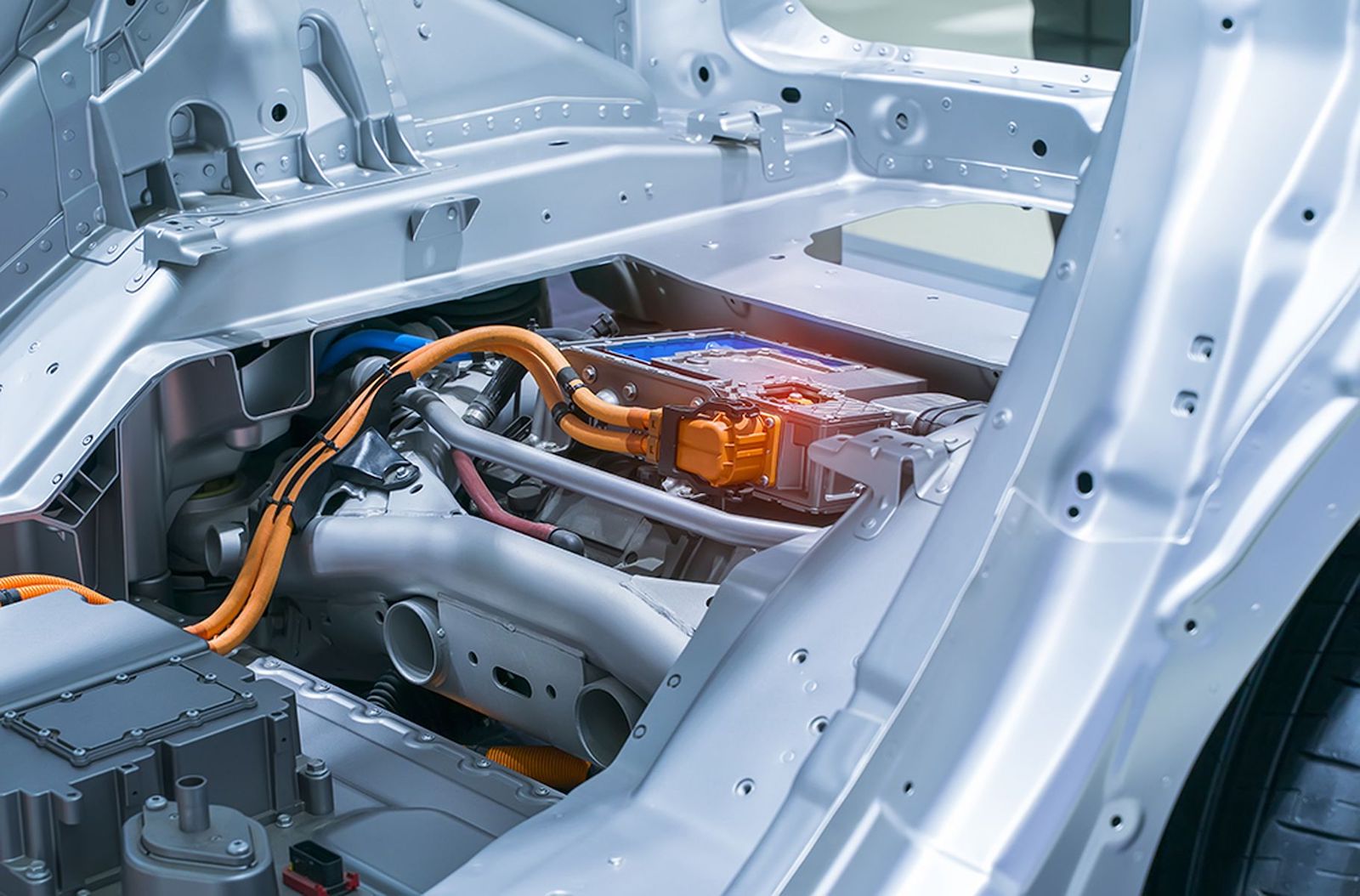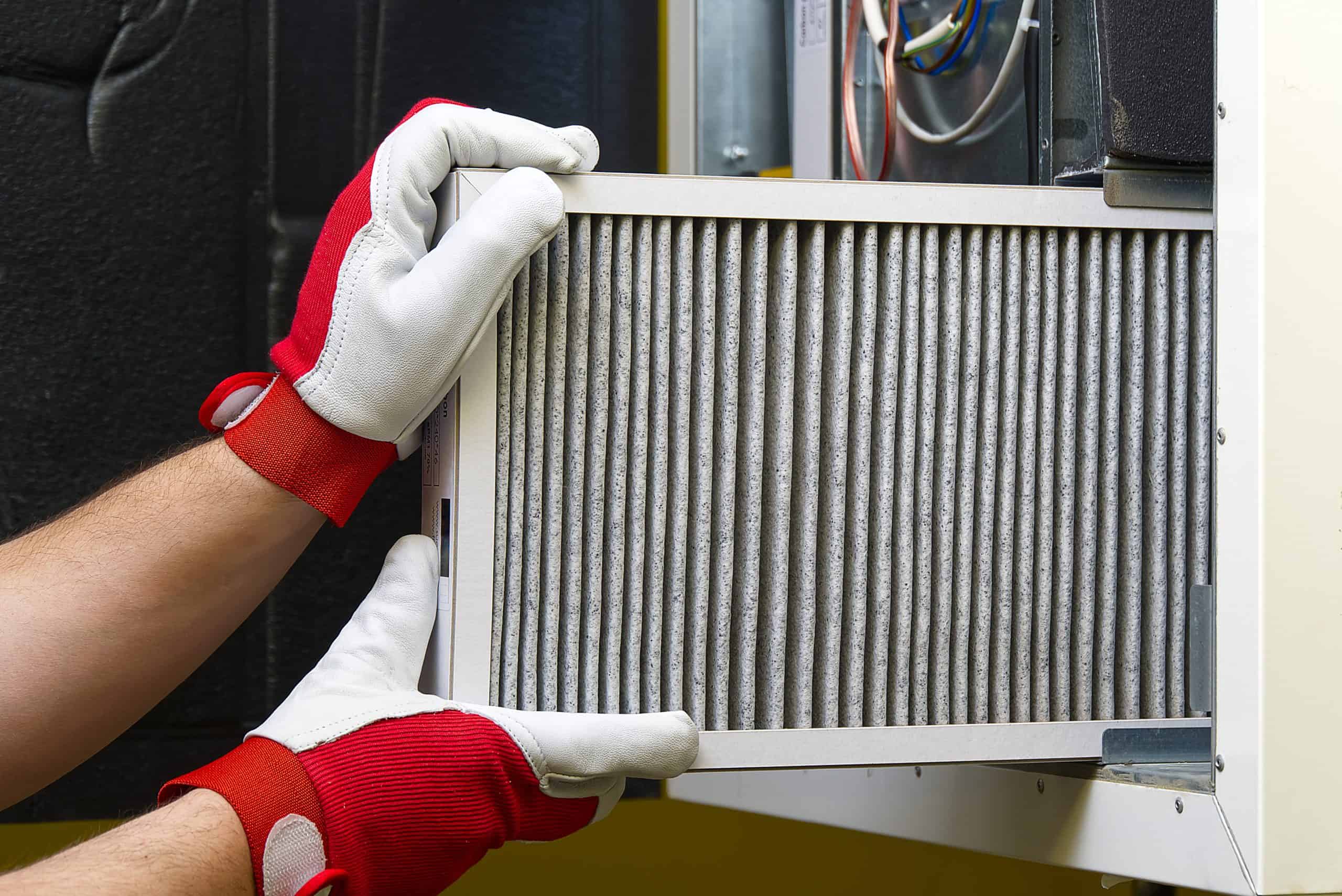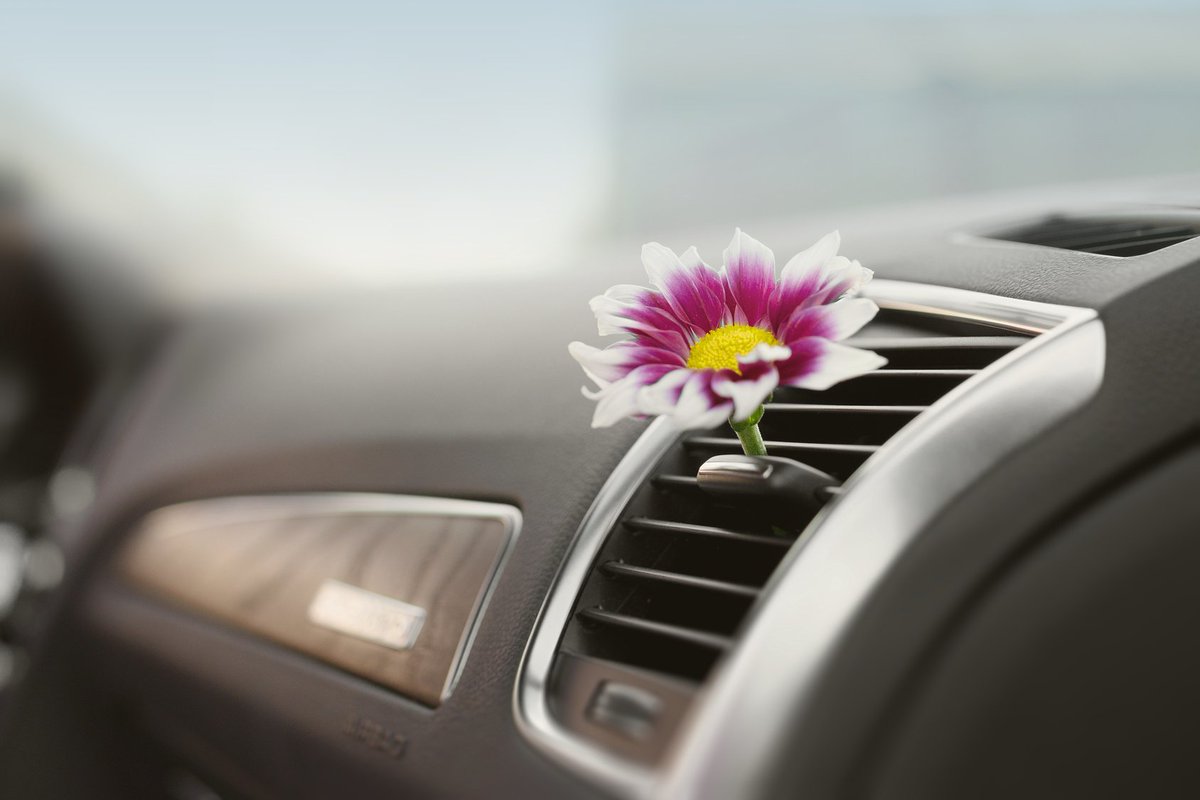The Importance of an Engine Air Filter for Optimal Performance
The Importance of an Engine Air Filter for Optimal Performance
An engine air filter is a component of a car’s air intake system that is responsible for filtering out dirt, dust, and other particles from the air that enters the engine. Its purpose is to prevent these particles from damaging the engine and affecting its performance.
The thesis statement outlining the importance of an engine air filter for optimal performance is: “A clean and well-functioning engine air filter is essential for maintaining the performance and longevity of a car’s engine.”
How an Engine Air Filter Works
The air filter is typically located in the air intake system, just before the air enters the engine. It is designed to trap dirt, dust, and other particles from the air as it flows through the filter. The filter element is typically made of pleated paper, foam, or cotton and is designed to trap particles as small as 0.3 microns.
There are several different types of air filters available on the market today, each with their own benefits and drawbacks.
1. Paper air filters are the most common type of air filter found in cars today. They are made of layers of pleated paper and are designed to trap dirt and dust effectively. They are also the most affordable option.
2. Foam air filters are made of a dense foam material and are designed to trap dirt and dust effectively. They are also reusable, making them a more environmentally friendly option.
3. Cotton air filters are made of a cotton gauze material and are designed to trap dirt and dust effectively. They are also reusable, making them a more environmentally friendly option. They also create a better air flow than paper filters.
4. Synthetic air filters are made of synthetic material, often a blend of polyurethane and oil. They are designed to trap dirt and dust effectively and last longer than paper filters. It is important to note that the type of filter you choose will depend on your specific needs and the make and model of your car.
The Consequences of a Dirty Air Filter
A dirty air filter can have several negative effects on engine performance, including:
- Reduced horsepower and torque: When the air filter becomes clogged, it can restrict the amount of air that enters the engine. This can cause the engine to run lean, resulting in a decrease in power output.
- Increased engine wear: A dirty air filter can allow dirt and other particles to enter the engine, causing increased wear on the engine’s internal components.
- Poor fuel economy: A dirty air filter can decrease the amount of air that enters the engine, which can cause the engine to work harder and consume more fuel.
A dirty air filter can lead to reduced fuel efficiency and increased emissions in several ways:
- Restriction of air flow: When the air filter becomes clogged, it can restrict the amount of air that enters the engine. This can cause the engine to run lean, resulting in increased fuel consumption.
- Increased emissions: A dirty air filter can allow dirt and other particles to enter the engine, which can cause increased emissions.
- Carbon buildup: The restricted air flow can cause an engine to run rich, leading to carbon buildup on the pistons and in the combustion chamber which can also result in emissions. In summary, a dirty air filter can decrease engine performance, increase fuel consumption, and increase emissions.
How to Maintain Your Air Filter
The recommended replacement schedule for air filters varies depending on the make and model of your car, as well as driving conditions. It is typically recommended to replace the air filter every 12,000 to 15,000 miles, or as specified in your vehicle’s owner’s manual. It’s also important to check your air filter regularly, especially if you frequently drive on dusty or sandy roads.
Tips for inspecting and cleaning your air filter:
- Check the air filter at regular intervals, such as every oil change or tire rotation.
- Look for signs of dirt and dust buildup on the filter element.
- If the filter element is dirty, it needs to be replaced.
- Cleaning a reusable air filter: Some air filters can be cleaned with compressed air or a special cleaning solution. Make sure to follow the manufacturer’s instructions for cleaning and properly oiling the filter element. 5. Note that if an air filter is excessively dirty, it cannot be cleaned and needs to be replaced. It is important to maintain your air filter to ensure optimal performance and longevity of your car’s engine.
To restate the thesis statement: “A clean and well-functioning engine air filter is essential for maintaining the performance and longevity of a car’s engine.”
Maintaining a clean air filter is crucial for ensuring the optimal performance and longevity of a car’s engine. A dirty air filter can restrict the amount of air that enters the engine, causing a decrease in power output, increased engine wear, and poor fuel economy. It can also increase emissions.
It is important for car owners to take action and maintain their air filters regularly. This includes checking the air filter at regular intervals, such as every oil change or tire rotation, and replacing or cleaning it as needed. By following the recommended replacement schedule, inspecting the filter element, and properly cleaning and oiling reusable air filters, car owners can help ensure their car’s engine runs at its best and lasts as long as possible.


